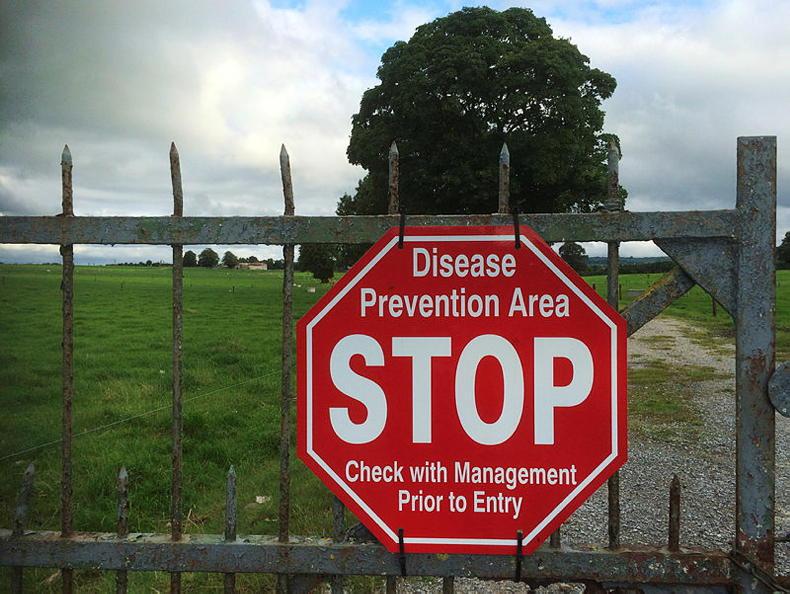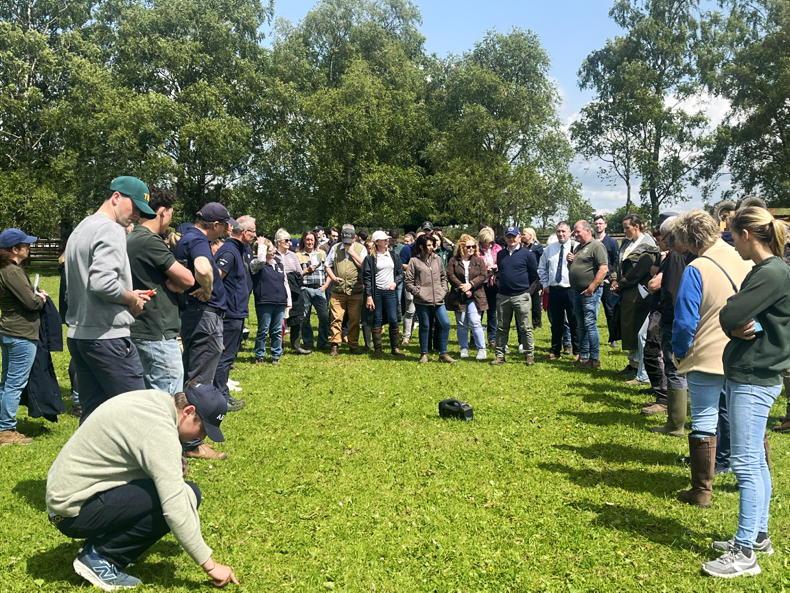WHETHER you’re managing a commercial stud farm, running a high-performance competition yard or simply caring for a few horses at home, biosecurity is one of the most critical, yet often overlooked, components of equine management.
Recognising the critical role that disease prevention and stringent hygiene control play in mitigating the risk of disease, their implementation remains a top priority across the industry to ensure health and well-being of animals. The IEC has developed a new Equine Biosecurity Package, designed to support horse owners and managers in safeguarding equine health, minimising infectious disease risks and contributing to the fight against antimicrobial resistance.
Implemented consistently
Biosecurity refers to the protocols, practices and behaviours that prevent the introduction and spread of disease. In equine settings, this includes everything from stable disinfection and equipment hygiene to staff protocols, isolation facilities, and the safe transport of horses.
These principles are not new, but ensuring they are implemented consistently and correctly is often the challenge.
The IEC’s new package offers practical, evidence-based biosecurity assessments tailored to the specific needs of each facility. Whether your horses are entering or leaving the yard, foaling down, recovering from surgery, or simply living as part of a resident herd, this service provides a structured way to identify gaps and introduce manageable, high-impact improvements.
Formalised protocols
What sets the IEC’s package apart is its scientific rigour, flexibility and adaptability. Every yard is different – studs face unique foaling risks; competition yards must navigate frequent horse movement; private yards may lack formalised protocols. The IEC works closely with each client to assess their set-up and operations, delivering a bespoke biosecurity report and action plan with clear, practical recommendations. The IEC will design customised biosecurity signage to promote awareness among staff of the essential practices that support effective biosecurity implementation.
Key areas typically reviewed include:
The report can also be supported with on-site training for staff, helping to embed good practice into the daily rhythm of the yard.
As a result, teams are empowered with knowledge, owners are reassured, and horses benefit from cleaner, safer environments.
WHILE biosecurity is essential for immediate equine welfare, its role in addressing antimicrobial resistance (AMR) is equally important. By reducing the incidence and spread of disease through better hygiene and infection control, the need for antibiotics can be minimised, preserving their effectiveness for when they are truly needed.
IEC scientists are passionate about this wider mission. “This is not just about reacting to outbreaks, it’s about creating a culture of prevention,” explains Kerrie Kavanagh, head of microbiology lead at the IEC. “We want to support owners to take proactive, informed steps that improve health outcomes and future-proof their operations,” adds Alan Creighton, head of environment and nutrition.
Working together
The IEC has long been at the forefront of diagnostics, disease surveillance and research in the Irish equine sector. This new offering complements that scientific expertise with a hands-on, client-focused service that supports the day-to-day management of horses across the country. Yards already using the service report improved team awareness, stronger hygiene habits, and greater confidence when dealing with external visitors, such as vets, farriers or transporters. In an industry where health, performance and reputation are tightly interwoven, the IEC’s Equine Biosecurity Package offers a timely and valuable tool for all horse owners.
For more information or to book a consultation, contact the IEC at 045 866266, email: info@irishequinecentre.ie, or visit irishequinecentre.ie.




 This is a subscriber-only article
This is a subscriber-only article
 It looks like you're browsing in private mode
It looks like you're browsing in private mode










SHARING OPTIONS: